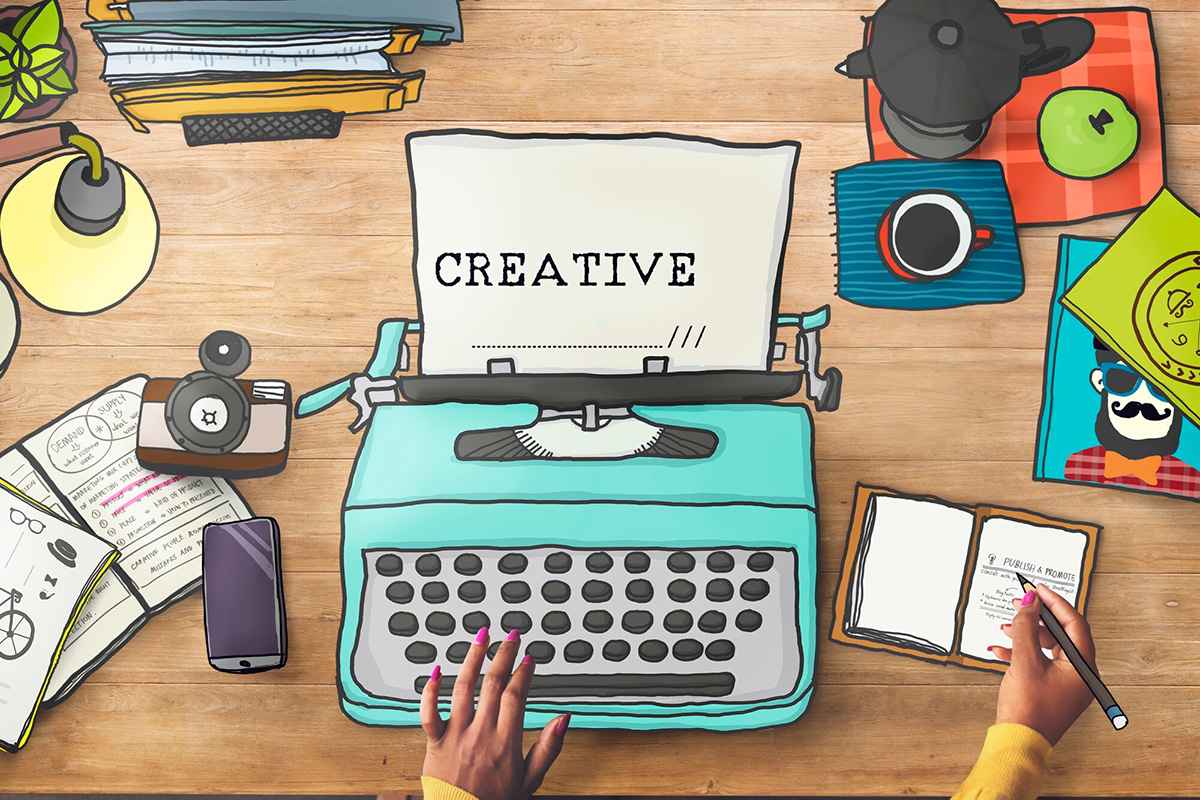
AI story generators are no longer a futuristic fantasy—they’re the creative co-pilots reshaping storytelling in 2025. From bestselling authors to social media content creators, writers worldwide are embracing these tools to break through creative barriers, streamline workflows, and craft narratives that resonate in our fast-paced digital age. Let’s explore how this technology is transforming the art of storytelling.
Table of Contents
The Evolution of AI in Creative Writing
Just five years ago, AI writing tools produced clunky paragraphs riddled with repetition. Today, they’re sophisticated partners capable of generating emotionally nuanced plots, dynamic characters, and even genre-specific dialogue. The leap from basic text generators to context-aware storytelling engines marks one of 2025’s most exciting tech breakthroughs.
Key advancements driving this change:
- Emotional intelligence algorithms that adapt tone based on scene context
- Cross-media storytelling (generate a novel chapter and its screenplay adaptation)
- Real-time collaboration features for global writing teams
Modern tools like PlotCraft AI and StoryForge 2.0 aren’t just spitting out generic templates. They’re offering:
1. Dynamic Worldbuilding Assistants
Input a story premise, and the AI generates:
- Culturally rich fictional cities with maps, dialects, and social hierarchies
- Mythologies complete with origin stories and symbolic artifacts
- Climate systems that impact plot progression (e.g., a desert kingdom’s water wars)
2. Character Archetype Remixing
Avoid clichés with AI that crossbreeds archetypes:
“What if a ‘chosen one’ hero had the moral complexity of an anti-hero?”
“How would a ‘wise mentor’ behave in a cyberpunk dystopia?”
3. Audience Tailoring
Generate versions of your story optimized for:
- TikTok’s 60-second micro-narrative format
- Interactive audiobook experiences
- Classic novel structures for traditional publishing
Enhancing Creativity, Not Replacing It
Critics argued AI would make writers obsolete. Instead, 2025’s tools act like creative defibrillators:
- Overcoming Blank Page Syndrome: Input a mood (e.g., “nostalgic summer night”), get 20 opening line variations.
- Plot Hole Detection: AI scans manuscripts for inconsistencies (e.g., “Character A couldn’t know Secret B in Chapter 3”).
- Multisensory Inspiration: Generate smell/taste/sound descriptions for immersive scenes.
Real-world example: Author Lena K. used StoryForge 2.0 to transform her stalled detective novel into an interactive mystery podcast, tripling her royalties.
Real-World Applications Beyond Books
AI storytelling isn’t just for novelists:
| Industry | Use Case |
|---|---|
| Gaming | Generate 500+ NPC backstories for RPGs |
| Marketing | Turn product specs into hero’s-journey brand stories |
| Education | Create personalized learning adventures for students |
| Social Media | Develop serialized micro-fiction to boost engagement |
| Pro Tip: Pair your AI-generated story hooks with Easy Comment Generator to spark audience discussions—perfect for testing plot ideas or character likability. |
Ethical Writing in the AI Age: 2025’s Best Practices
With great power comes great responsibility. The Writers Guild’s 2025 guidelines advise:
- Transparency: Disclose AI use if >40% of content is generated
- Bias Audits: Run stories through diversity-check APIs
- Human Final Say: Never publish AI output unedited
FAQs: AI Story Generators in 2025
Q: Can AI replicate my unique writing style?
A: Yes! Upload 10k words of your work, and tools like StyleSync AI will mimic your voice—right down to your signature comma quirks.
Q: Who owns the copyright for AI-generated stories?
A: Current law assigns rights to the human prompting the AI, but lawsuits are pending. Always consult a legal pro.
Q: Do publishers accept AI-assisted manuscripts?
A: 78% of major publishers now do, provided human creativity drives the core narrative.
Q: Can I make money with AI-generated stories?
A: Absolutely. Platforms like StoryMart let writers sell AI-crafted short stories to brands for ads, games, and more.
Q: How do I start without feeling overwhelmed?
A: Begin with AI as a brainstorming buddy. Try generating 10 fantasy character names or alternate story endings daily.